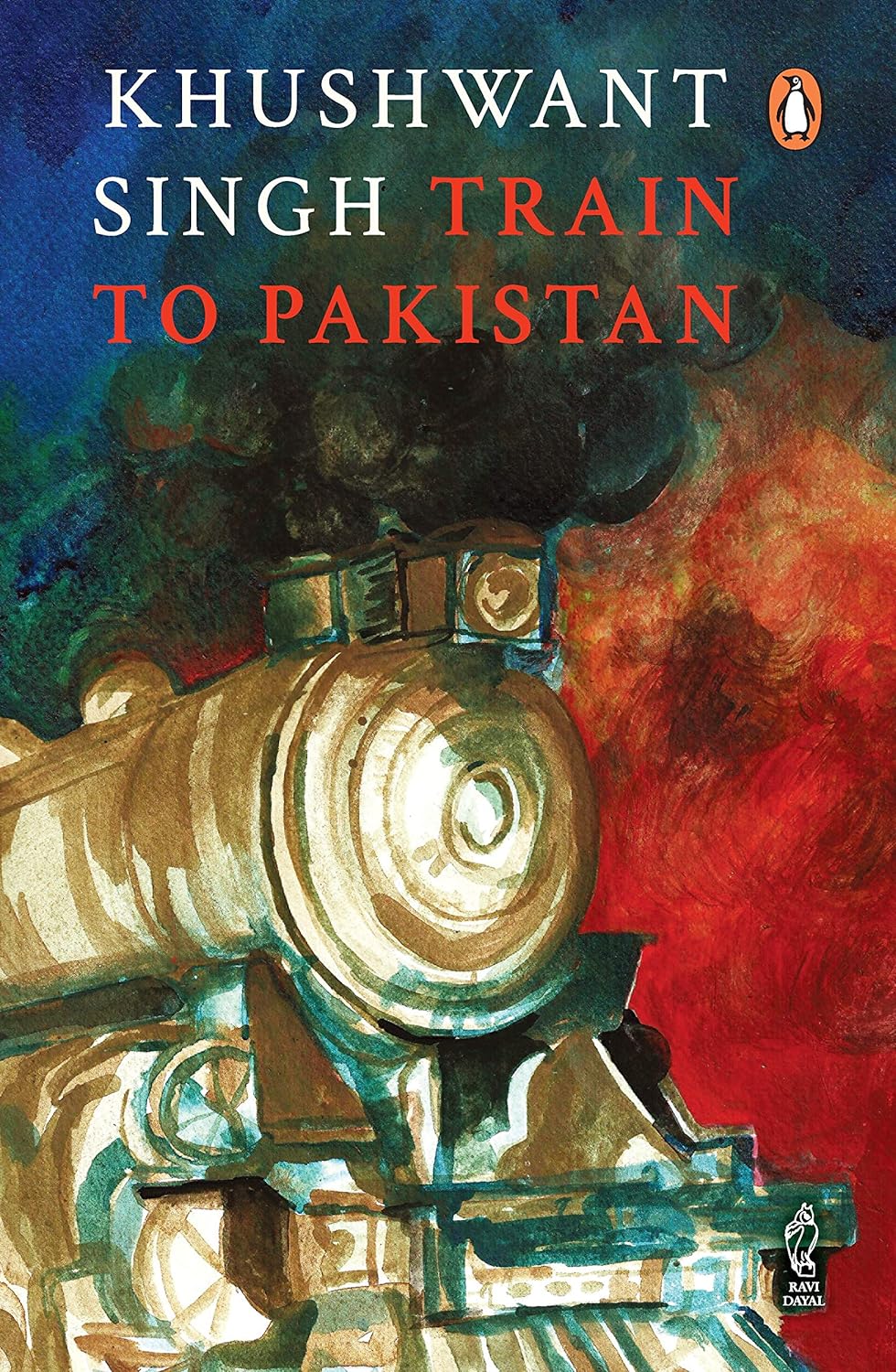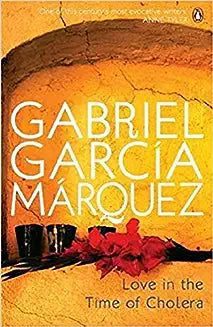Description
“Train to Pakistan” is a novel written by Khushwant Singh, first published in 1956. It falls within the genre of historical fiction and is set against the backdrop of the Partition of India in 1947.
The story is set in the fictional village of Mano Majra, located near the border between India and Pakistan. As tensions rise between Hindus, Muslims, and Sikhs in the region, the arrival of a train filled with dead bodies from a nearby village further inflames communal tensions.
The novel explores the impact of Partition on the residents of Mano Majra, depicting the violence, chaos, and human suffering that accompany the partitioning of the country. The characters grapple with questions of identity, loyalty, and morality as they navigate the turbulent political and social landscape of the time.
“Train to Pakistan” is praised for its vivid depiction of historical events, its nuanced portrayal of characters from different religious and cultural backgrounds, and its exploration of themes such as love, loss, and the complexities of human nature. It offers readers a powerful and moving account of one of the darkest chapters in Indian history.
The novel has been widely acclaimed both in India and internationally and is considered a classic of modern Indian literature. It has been translated into multiple languages and adapted into a film of the same name in 1998.












2 reviews for Buy Train to Pakistan (paperback)
There are no reviews yet.